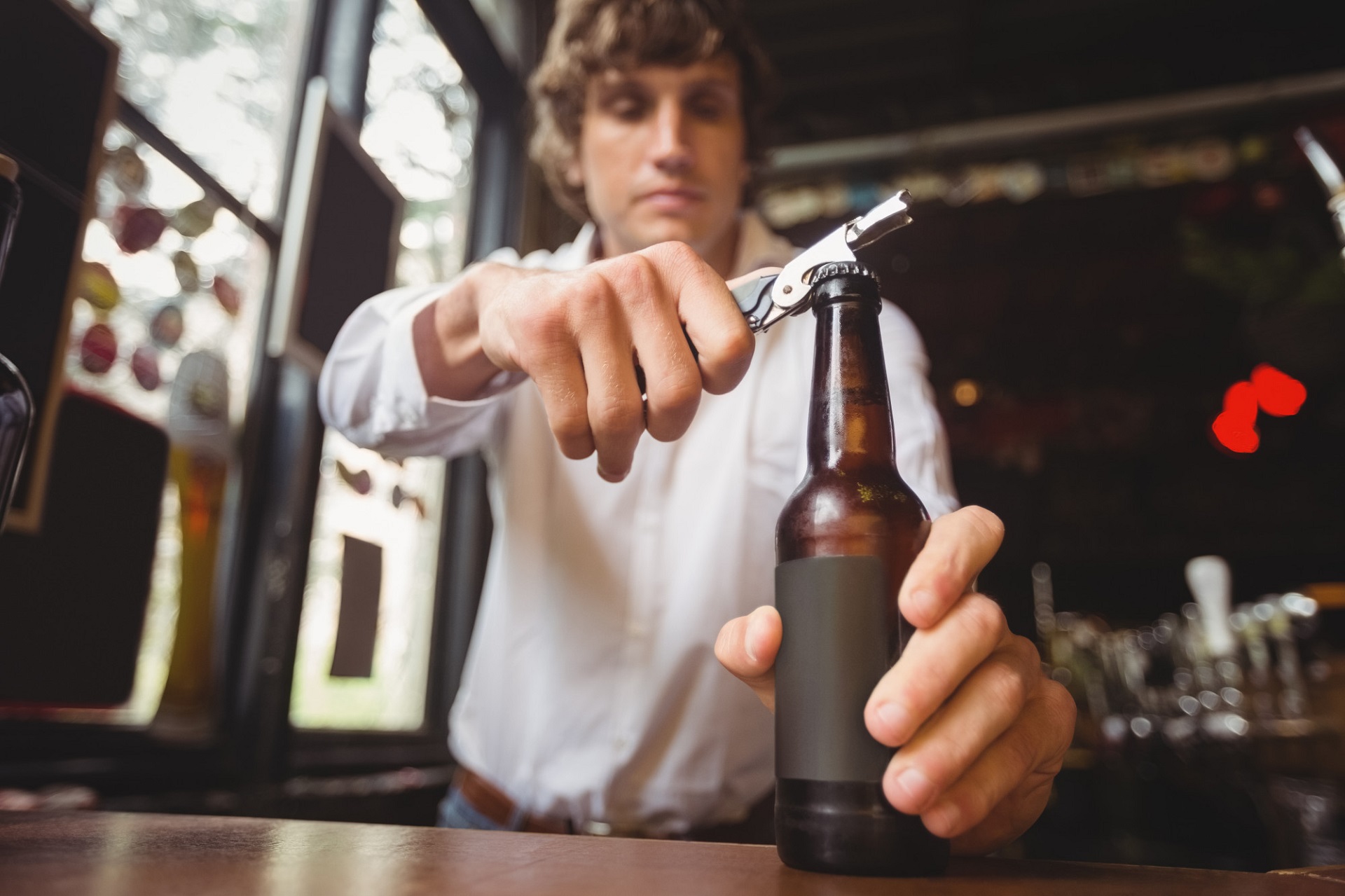A mental health intervention is necessary when a person with a mental health disorder cannot function well in daily life or risks harming themselves through self-injuring or suicidal behaviours. If a person cannot consistently attend work, care for themselves or engage in typical activities like socializing with others or practising hobbies, it may be time to intervene.In some cases, Intervention Specialist may be necessary to motivate a person to seek treatment.

Mental Fitness And Prevention
Promotion Of Mental Fitness And Prevention Of Mental Health Conditions
Promotion and prevention interventions focus on identifying the individual, social, and structural determinants of mental wellness and intervening to reduce risks, increase resilience and create supportive environments for mental health. They can be directed at individuals, specific groups, or entire populations.
social protection
Acting on the determinants of mental health sometimes requires adopting measures in sectors other than health, so promotion and prevention programs must involve the sectors responsible for education, work, justice, transportation, the environment, housing, and social protection.


health services
promotion and prevention efforts
The health sector can significantly contribute by integrating promotion and prevention efforts into health services and promoting, initiating, and, where appropriate, facilitating multisectoral collaboration and coordination.
- Suicide prevention is a global priority and is part of the Sustainable Development Goals.
- Banning dangerous pesticides is a particularly cheap and cost-effective intervention to reduce suicide rates.
Social-emotional programs
Some measures would allow considerable progress in this regard, such as limiting access to suicide media, encouraging responsible media coverage, promoting socio-emotional learning in adolescents, and favoring early intervention.
- Promoting the mental fitness of students
- adolescents is another priority, which can be achieved through policies
- laws that encourage and care for mental wellness supporting caregivers to provide nurturing care, implementing school programs

improving the quality of online and community environments.
effective promotion strategies
Social-emotional learning programs in schools are among the most effective promotion strategies for any country, regardless of income level.
Promoting and protecting mental fitness at work is a growing area of interest, which can be furthered through legislation and regulation, organizational strategies, manager training, and interventions directed at workers.

 Intervention Services
Intervention Services The first step in setting up a mental health intervention is to contact a professional. This person can listen to your family’s story and determine the best intervention for your loved one.
The first step in setting up a mental health intervention is to contact a professional. This person can listen to your family’s story and determine the best intervention for your loved one. If your loved one has seemed especially anxious or distressed in the wake of the pandemic, be ready to offer support and listen to their concerns. Scheduling regular phone calls may make them feel more connected and less distressed. You can also encourage your loved one to take advantage of opportunities to connect virtually with others.
If your loved one has seemed especially anxious or distressed in the wake of the pandemic, be ready to offer support and listen to their concerns. Scheduling regular phone calls may make them feel more connected and less distressed. You can also encourage your loved one to take advantage of opportunities to connect virtually with others. Although there are no specific reasons and no better reasons than others to undertake such therapy, the workers generally see the families for these reasons:
Although there are no specific reasons and no better reasons than others to undertake such therapy, the workers generally see the families for these reasons: It can be frustrating to see a friend or family member struggling with alcohol addiction and knowing there is very little you can do to help. You might feel powerless, scared, or lost in the situation, unable to speak honestly with them about their addiction and how it has affected you. If you have been experiencing any of these emotions, staging an alcohol intervention could be a valuable tool for getting your loved one to understand how their alcoholism impacts you. This page will look at alcohol interventions, exploring their effectiveness and the ways they can help get through to your loved one, all from a place of compassion and understanding.
It can be frustrating to see a friend or family member struggling with alcohol addiction and knowing there is very little you can do to help. You might feel powerless, scared, or lost in the situation, unable to speak honestly with them about their addiction and how it has affected you. If you have been experiencing any of these emotions, staging an alcohol intervention could be a valuable tool for getting your loved one to understand how their alcoholism impacts you. This page will look at alcohol interventions, exploring their effectiveness and the ways they can help get through to your loved one, all from a place of compassion and understanding. The board refers to these practitioners as Certified Intervention Professionals (CIP). A CIP credential is “for professionals who have the primary role of facilitation and participation in substance use interventions. Intervention professionals guide families, friends and others through an intervention process where the substance user is encouraged to accept help. The CIP is not a marketer or recruiter for a treatment facility; rather they are a front-line professional who is directly engagingan individual and family to help guide them to treatment and is a part of the recovery team.”
The board refers to these practitioners as Certified Intervention Professionals (CIP). A CIP credential is “for professionals who have the primary role of facilitation and participation in substance use interventions. Intervention professionals guide families, friends and others through an intervention process where the substance user is encouraged to accept help. The CIP is not a marketer or recruiter for a treatment facility; rather they are a front-line professional who is directly engagingan individual and family to help guide them to treatment and is a part of the recovery team.”